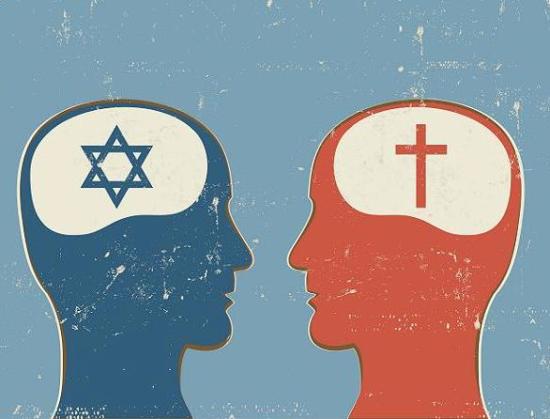When Catholics and Jews get to know each other, they tend to see each other as genuine friends who have many of the same values and interests in common, affirms Rabbi David Rosen.
The Rabbi said this today at the Special Assembly for the Middle East of the Synod of Bishops where he was invited as a special guest. The two-week assembly seeks to address several challenges faced by the Churches in the region.
In addition to Rosen, who is the advisor to the Chief Rabbinate of Israel and director of the Department for Interreligious Affairs of the American Jewish Committee, the synod also invited two representatives of Islam: Mohammed Al-Sammak, political adviser to the mufti of Lebanon, and Ayatollah Seyed Mostafa Mohaghegh Ahmadabadi, professor at the Faculty of Law at the Shahid Beheshti University of Tehran and Member of the Iranian Academy of Sciences.
“The relationship today between the Catholic Church and the Jewish people is a blessed transformation in our times — arguably without historic parallel,” said Rosen. He added that “this striking transformation” is not complete, as more time is needed to overcome the “contempt” toward Jews that had been spread for centuries.
However, improvement in relations has taken root, and Rosen was quick to note that there are some countries where Catholic-Jewish relations have progressed more than in others.
In the United States, he explained, “Jews and Christians live in an open society side by side as vibrant self-confident and civically engaged minorities. As a result the relationship has advanced there to a unique degree involving cooperation and exchanges between the communities and their educational institutions; and today the US boasts literally dozens of academic institutions for Catholic-Jewish studies and relations, while there are perhaps three in the rest of the world.
“Indeed, there is a widespread perception among the Jewish communities in the United States of the Catholic Church as a genuine friend with profound values and interests in common.”
The rabbi lamented, however, that in other countries, and especially those that are mostly Catholic, there is not only a lack of interest in Judaism, but there is ignorance — by even priests and other clergy — of “Nostra Aetate,” which is the fundamental document of the Second Vatican Council on relations with other religions, and other current Church documents on the topic.
Rosen also acknowledged that in Israel, “the only polity in the world where Jews are a majority,” Israelis have been “quite unaware of the profound changes in Catholic-Jewish relations.” But things are changing, he stated, and gave two reasons.
VATICAN CITY, OCT. 13, 2010 (Zenit.org)





